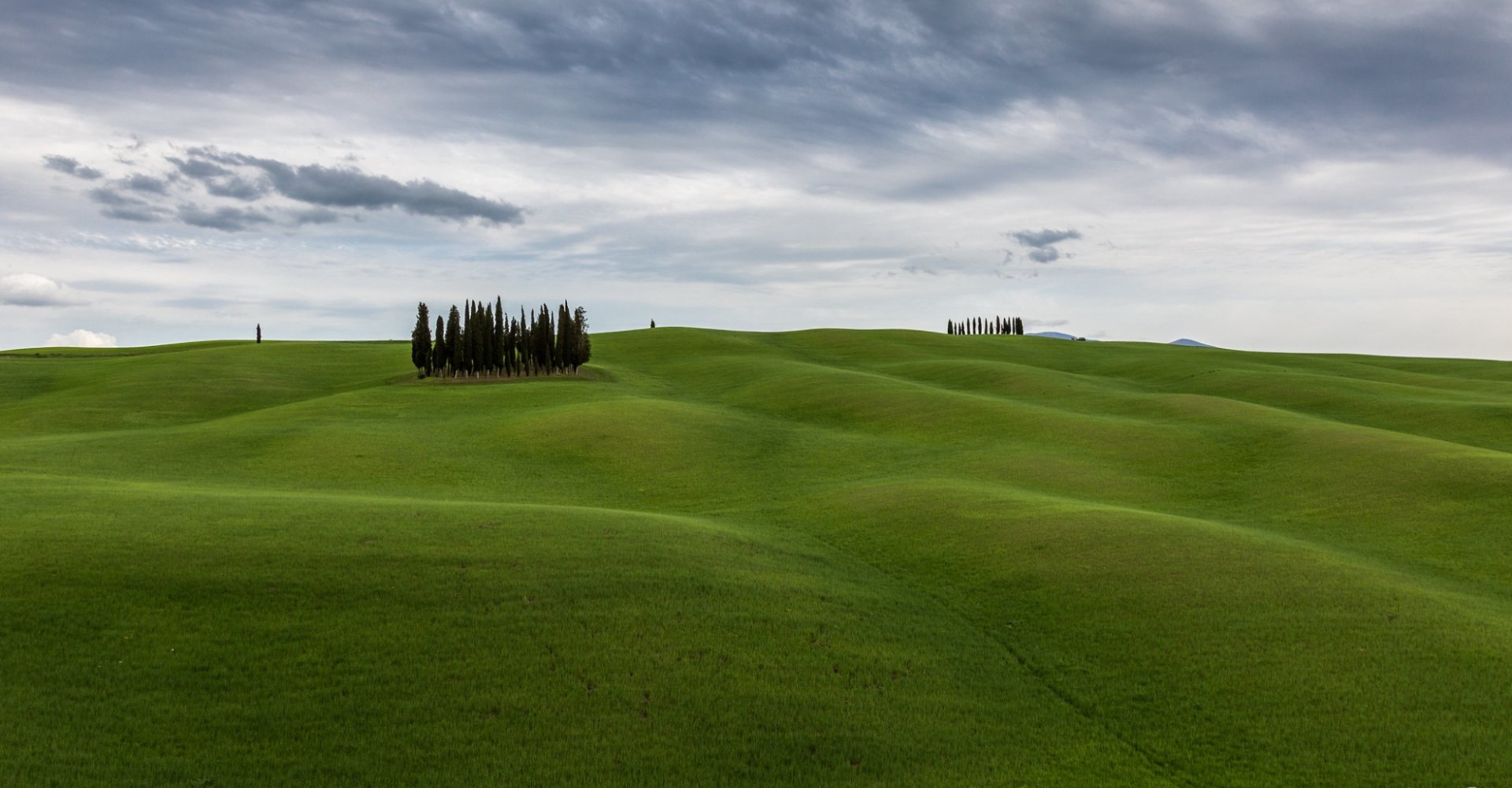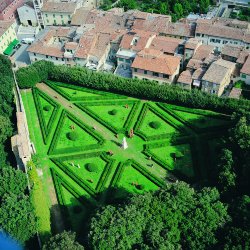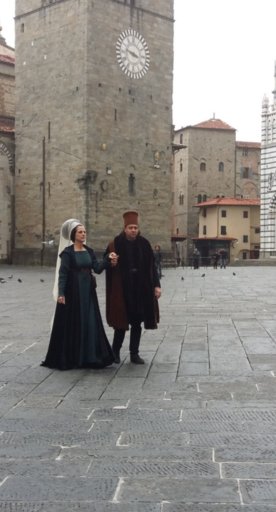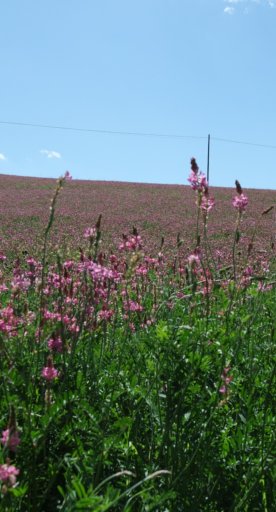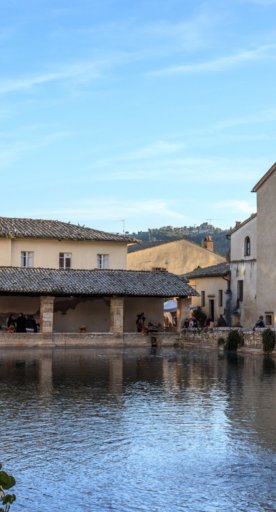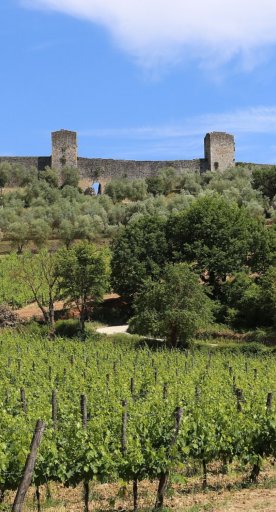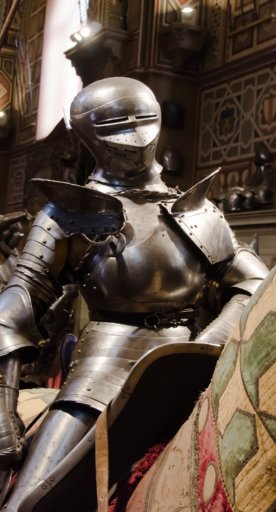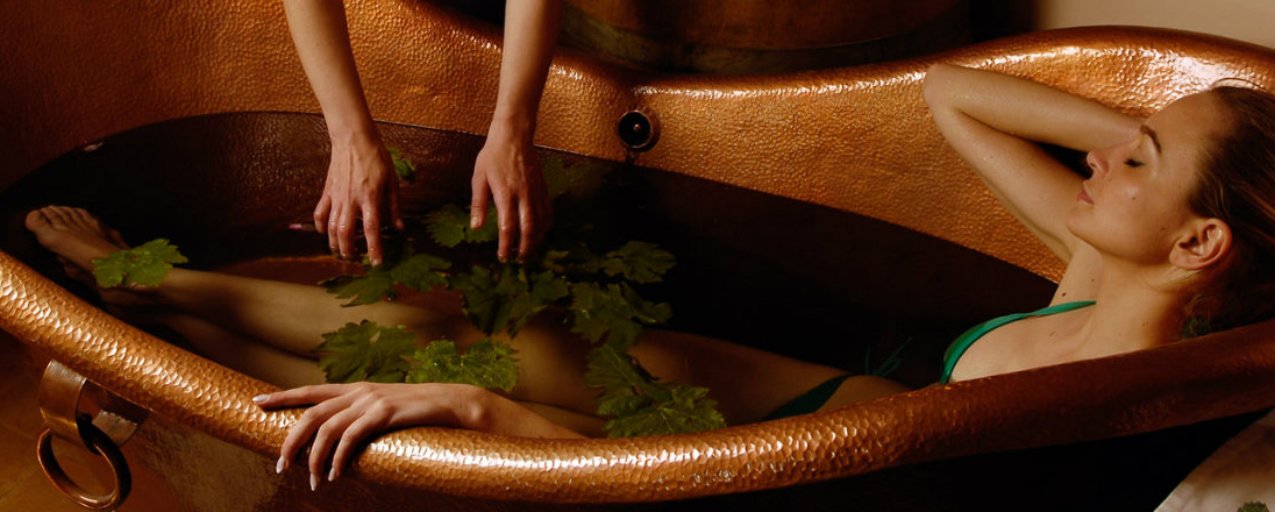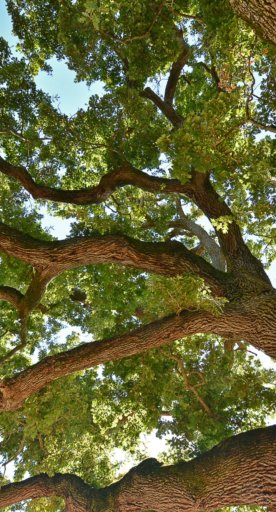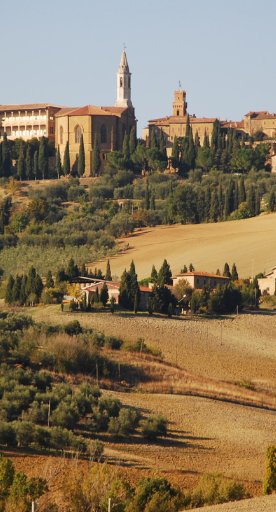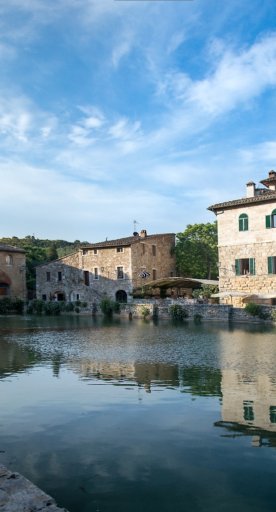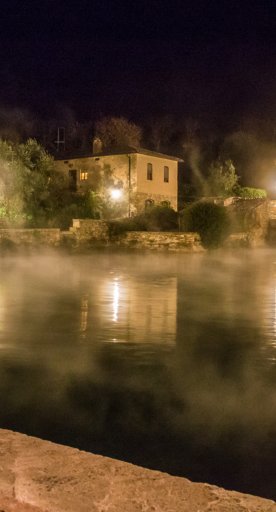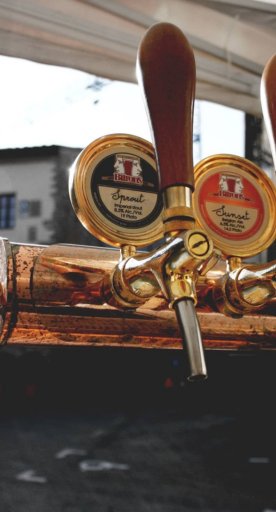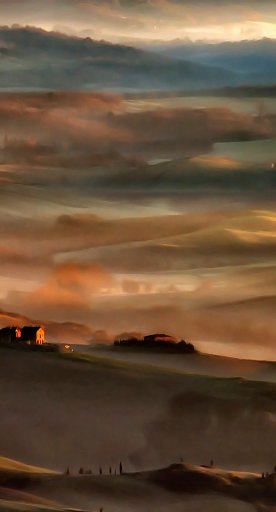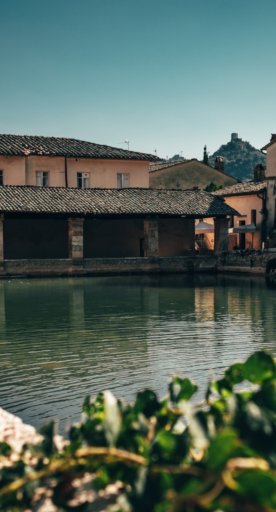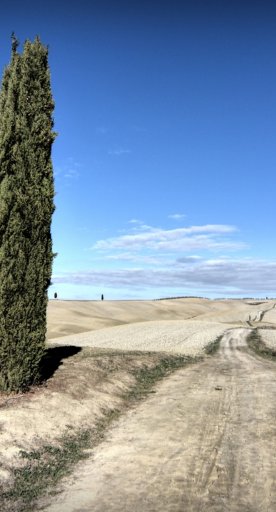Pienza and Val d’Orcia by camper
Ideas for a trip by camper or caravan among the World Heritage Hills
In the hilly countryside of the Val d'Orcia, an ideal destination for slow tourism that combines art and food and wine excellence, discover Pienza and the other villages in the area recognized by UNESCO as a World Heritage Site.
-
1.Pienza
-
2.Monticchiello
-
3.San Quirico d’Orcia
-
4.Montalcino
Pienza
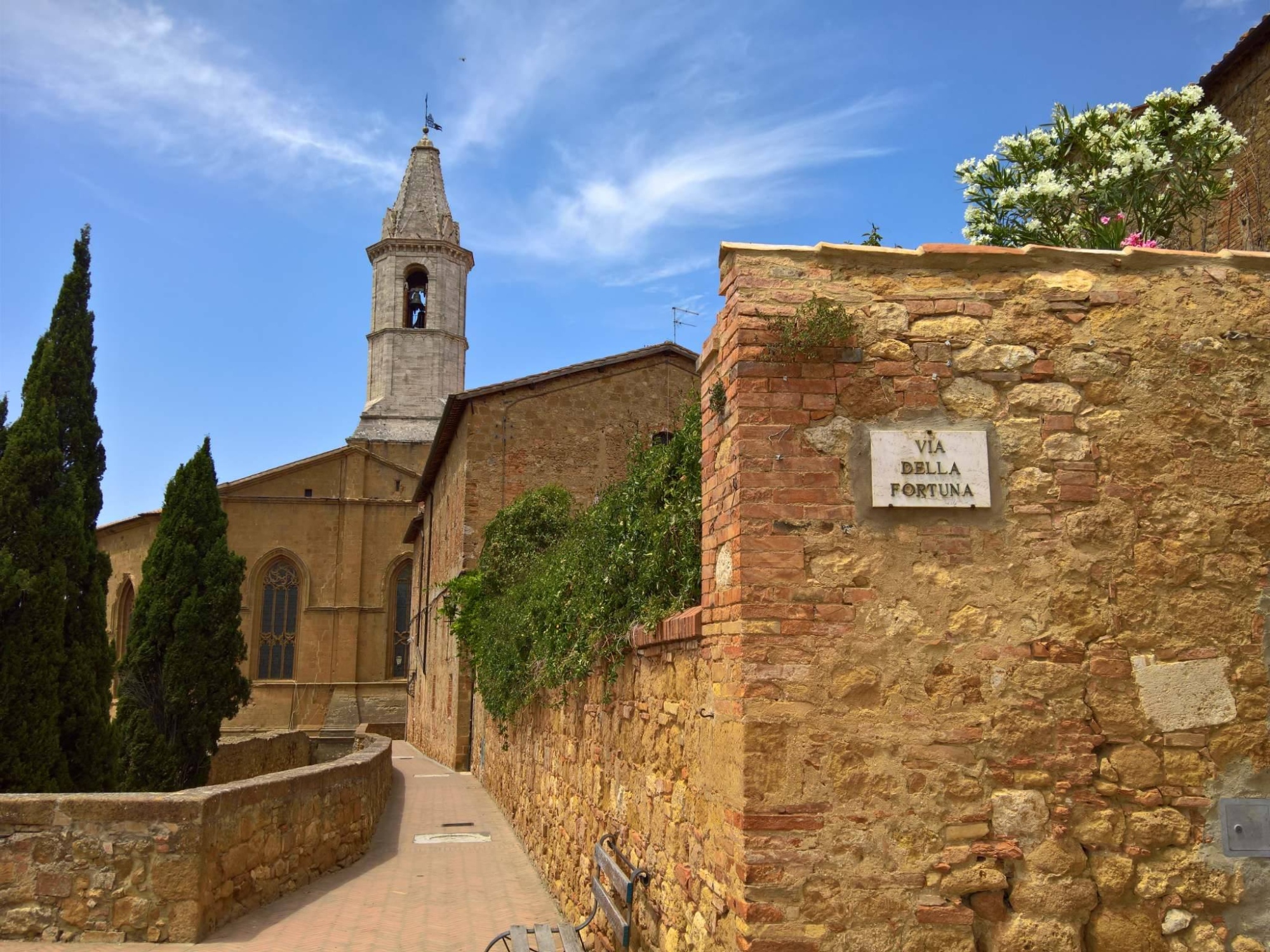
Pienza, one of the most interesting villages in Tuscany, has deservedly been recognized as a UNESCO World Heritage Site. And in turn it is set in a UNESCO landscape: the Val d'Orcia.
In the small center, next to the elaborate and elegant Pozzo dei Cani (Dog Well), the place to start is the Piccolomini Palace, not only for the magnificence and decorations of its rooms and inner courtyard, but also for the view from the loggia and inner garden, supported by embankments and walls designed to solve the problem of the hill's slope. Before our eyes is one of the most fascinating and well-known landscapes in Tuscany.
The cathedral is also worth a visit to discover, in addition to its Renaissance façade, the harmonious interior and some valuable canvases, such as the Madonna and Child between Saints Anthony Abbot, Bernardine, Francis and Sabina by Matteo di Giovanni. Other splendid canvases and great works of art are at home in the Diocesan Museum, which occupies the rooms of the Bishop's Palace.
The walk along the walls at the foot of the cathedral is not to be missed, as is the short walk down in the direction of the ancient parish church dedicated to Saints Vito and Modesto, where the thousand-year-old cylindrical bell tower jumps out at you.
In recent decades Pienza has also become famous for its excellent products: pecorino and aged cheeses, but also cured meats.
Rest area at the paid parking lot outside the walls on Via Mario Mencatelli (Friday not accessible for the market).
Monticchiello
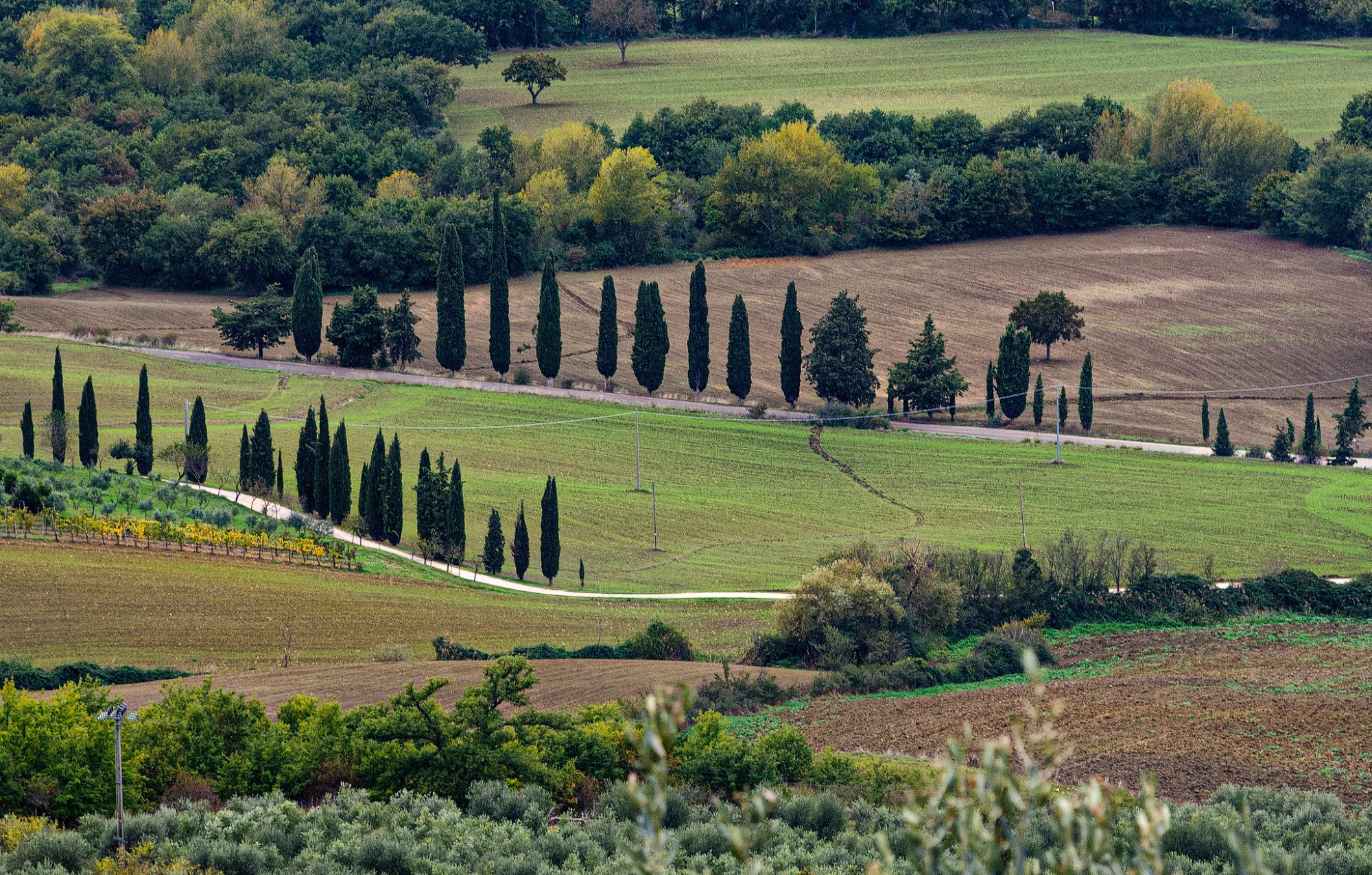
Pienza is also an ideal place to set out to discover a richly evocative territory. About ten kilometers from the village, a gentle path through hills and cultivated fields leads to the few houses of the fortified village of Monticchiello, where a mid-13th-century keep watches over the silent hamlet that guards the church of Saints Leonard and Christopher, with a façade adorned by a Gothic portal. Monticchiello is famous for the performances of its Teatro Povero, which for decades has transformed the village into an open-air stage for telling stories of everyday life.
San Quirico d’Orcia
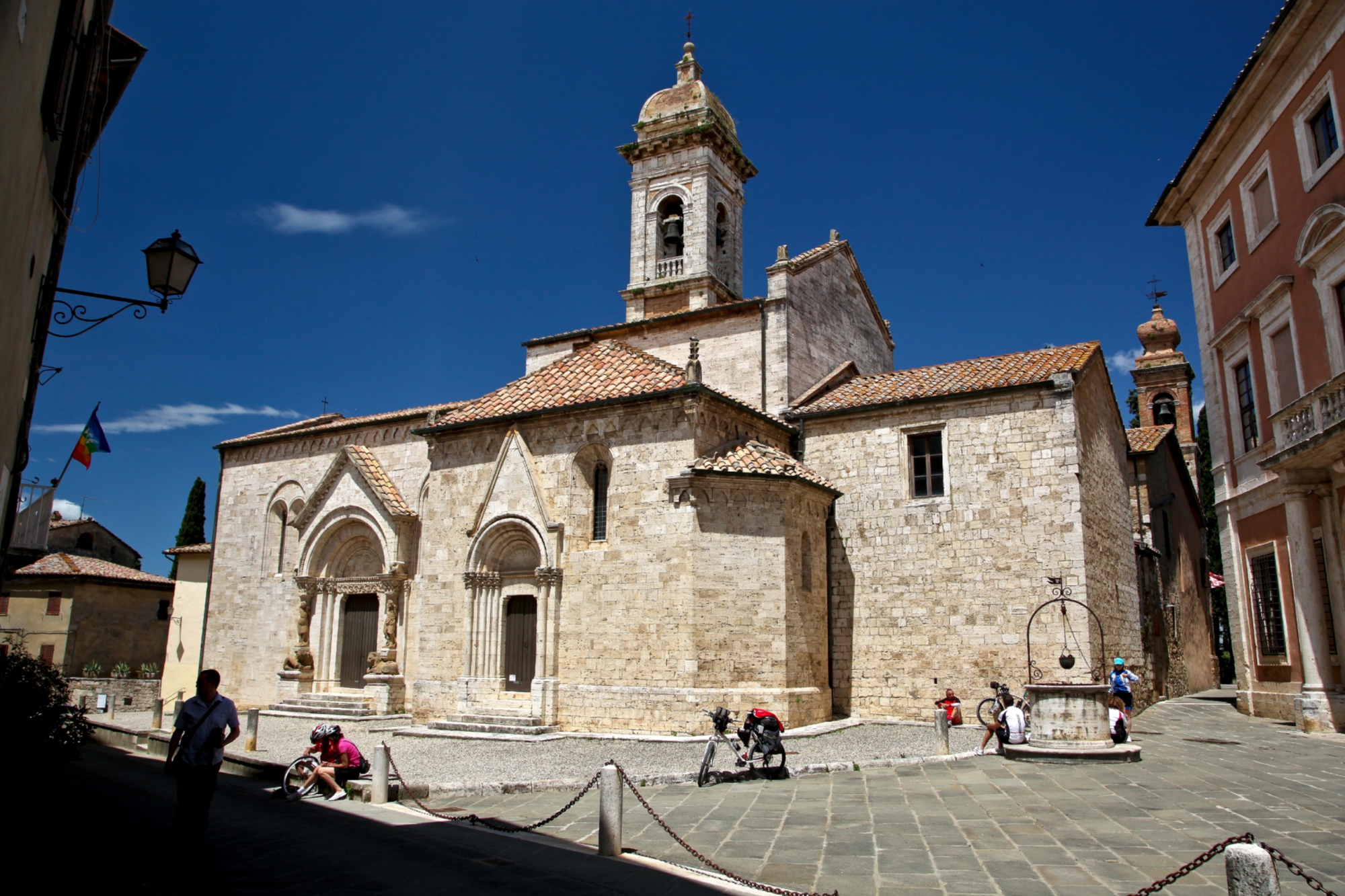
San Quirico d'Orcia is a village crossed by the Via Francigena. Among the attractions not to be missed: the Collegiate Church of Saints Quirico and Giulitta and at its side Chigi Palace. Continuing the walk, we arrive at Piazza della Libertà, the heart of the village, where we find the Church of San Francesco, which houses a beautiful Virgin attributed to Andrea della Robbia. But the entire historic center, particularly picturesque with cobbled streets and beautiful stone fountains, is well worth a close look.
Also recommended is a visit to the Horti Leonini, an Italianate Renaissance garden surrounding the Church of Santa Maria Assunta.
A municipal equipped area is located at the entrance to the village on Via delle Scuole.
Montalcino
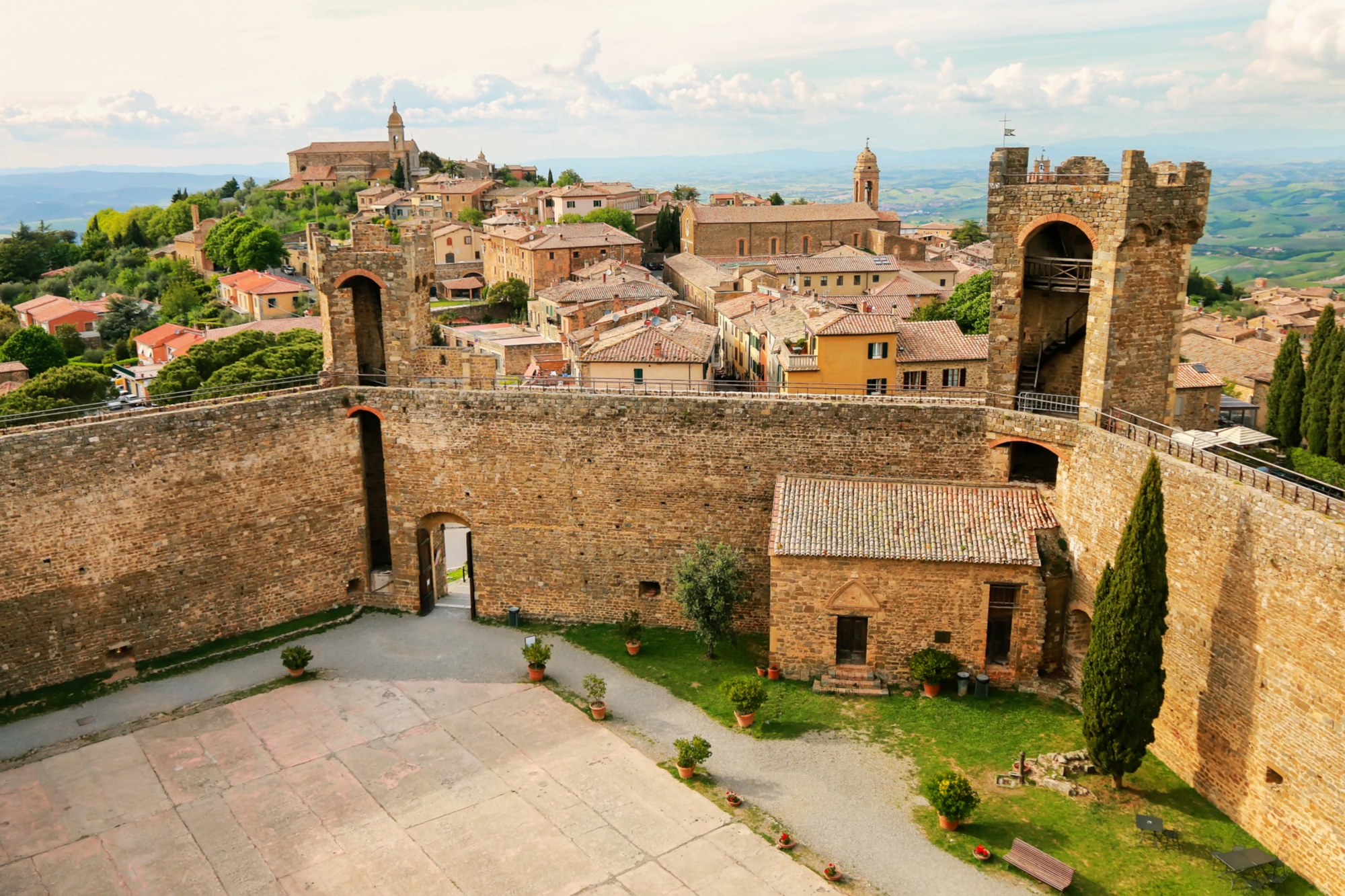
Montalcino, the village of Brunello, is a must-see destination in the Val d'Orcia. The visit can start at the former convent of Sant'Agostino, which houses the Civic and Diocesan Museum of Sacred Art: an archaeological collection of prehistoric, Etruscan-Roman artifacts and medieval works, as well as a section of paintings, sculptures and terracottas from the 14th-16th centuries. The former convent is also home to the Temple of Brunello, an immersive and emotional journey to discover the king of wines and the territory. Nearby are Priori Palace and the Cathedral of the Holy Savior, while climbing to the highest point we recommend a visit to the Montalcino fortress, an interesting example of military architecture with a pentagonal plan, with towers and an external patrol walkway from which there is a beautiful view of the Sienese countryside.
The rest area for campers is located on Via Osticcio.
Less than ten kilometers from the village, near the hamlet of Castelnuovo dell'Abate, immerse yourself in the atmosphere of peace and spirituality of Sant'Antimo Abbey, among the most interesting Romanesque churches in Italy. We suggest you visit during the recitation of the liturgy of the hours performed by the monks in Gregorian chant.
What’s nearby?

